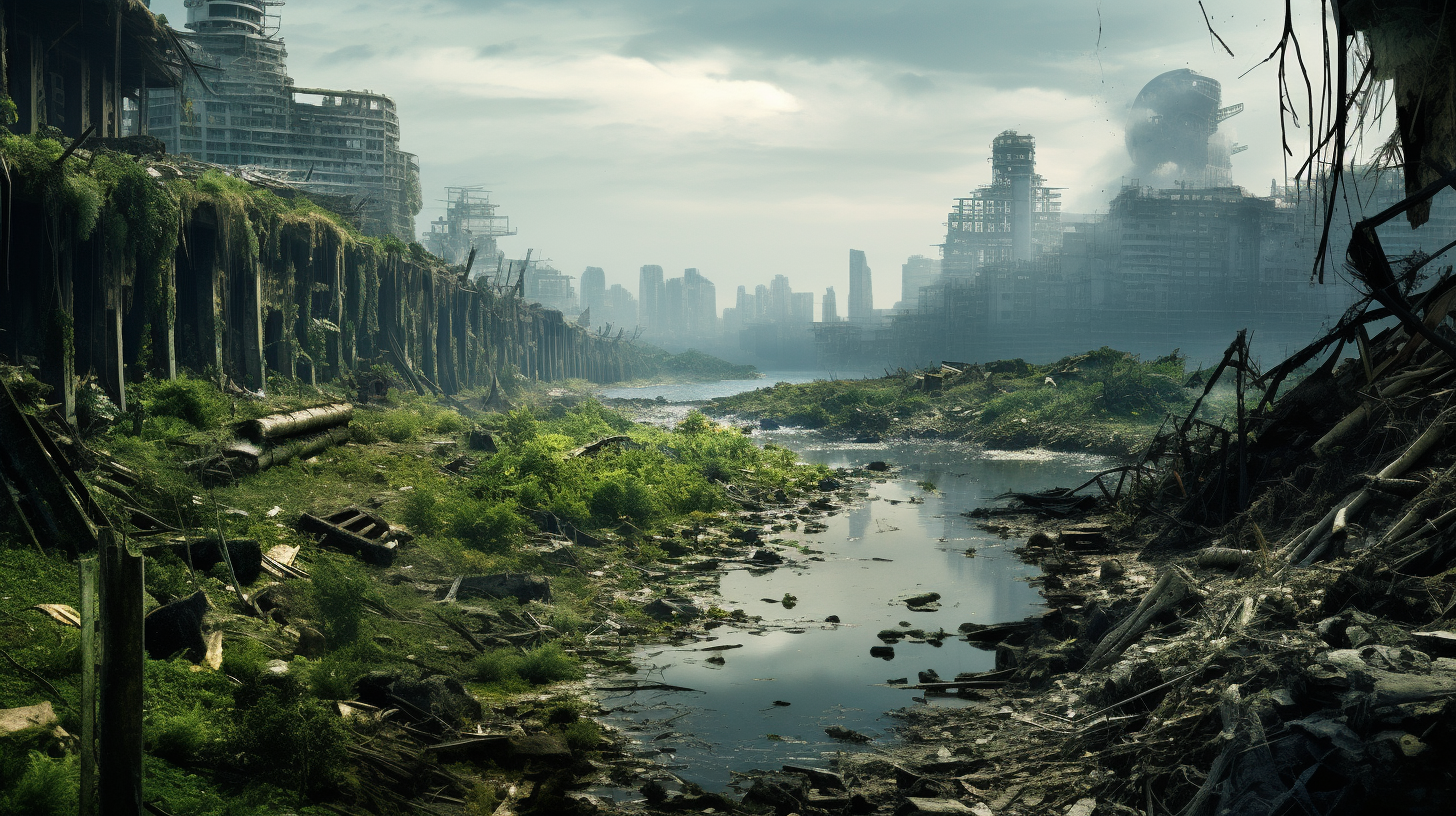In a world where the relentless march of industrial progress has laid waste to much of the natural splendor, a few hidden pockets of primal beauty endure. These are places where the air whispers secrets of an ancient past, a time when nature was untarnished by human hands—remnants, echoes of the once-vast Eden that earth boasted. Today, we lift the veil on these precious, untouched ecosystems, to peer into what once was, and to mourn the drastic transformation of our planet in the shadow of environmental apocalypse.
Deep within the Amazon, beneath the dense canopy that filters sunlight into a verdant glow, there thrives an ecosystem seemingly frozen in time. The cacophony of life here is the symphony of the Earth’s heart, beating with the wings of butterflies, the calls of howler monkeys, and the soft footfall of jaguars. As explorers, we are but fleeting ghosts in this primeval setting, a world that existed long before us and, if fortune prevails, may outlast our kind.
Far from the ceaseless hum of modernity, the Congo Basin awaits, veiled in mist and mystery. Its lush rainforests serve as the lungs of Africa, sustaining a carousel of life in the midst of a planet gasping for breath. It’s where the silverback’s roar commands silence and reverence, and where nature’s unsung architects—the termites—erect their earthen monuments, undisturbed.
An icy kingdom lies silent at the earth’s poles, where the polar bear wanders through the vast solitude of the Arctic. Draped in frigid beauty, its glaciers are archives of atmospheric history, the crystalline air preserving records of eras long gone. Here, the aurora borealis dances across the skyline—a haunting reminder of nature’s enduring artistry despite the anthropogenic chaos unfurling elsewhere.
Isolated islands scattered across the Pacific Ocean are evolutionary showcases, isolated petri dishes where life has diversified in profound solitude. The Galápagos Islands, for instance, are evolutionary tales written in the flesh and feather of their inhabitants. Here, the blue-footed booby’s aqua-pedal display and the tortoise’s stoic gaze speak to an indifferent evolution, unhurried by the touch of modern civilization, though not immune to its consequences.
Yet, for how long can these untouched ecosystems remain unsullied? The tendrils of climate change and environmental degradation reach even the most remote corners. The ice sheets weep freshwater tears into the ocean, corals bleach in protest to the warming seas, and the Amazon, our planetary bulwark, inches closer to a tipping point of no return.
Do these last bastions of untamed wilderness bring us any hope? Regrettably, within the context of Green Dystopia, hope is a commodity as scarce as these ecosystems themselves. But they do demand our attention—they are the relics of a more symbiotic coexistence and the cautionary tale of its demise. They stand as monuments to the incalculable loss we’ve suffered in our quest for shortsighted gains and the laments of a natural world that might have been.
Would we turn back the clock if such sorcery was within our grasp? Imagining such a reversal may seem as futile as seeking salvation in a world beyond salvation. Yet, it is within the dark tableau of our times that the untainted corners of Earth shine the brightest. They are the living museums, galleries of natural heritage to be revered from afar, for as our planet’s narrative hastens towards its dire denouement, these ecosystems might just be the final canvases upon which life’s tenacity and diversity are painted.
In conclusion, “Echoes of Eden” must serve as more than a mere catalogue of the surviving pristine. They are signposts, desperate and urgent, of what beauty remains and what we are on the brink of yielding forever to the omnipresent, enveloping dusk of human consequence. This, then, is the parable of the untouched ecosystems: they are our last connection to a planet unscarred, their echo a haunting reminder of Eden—a paradise we have all but lost.
